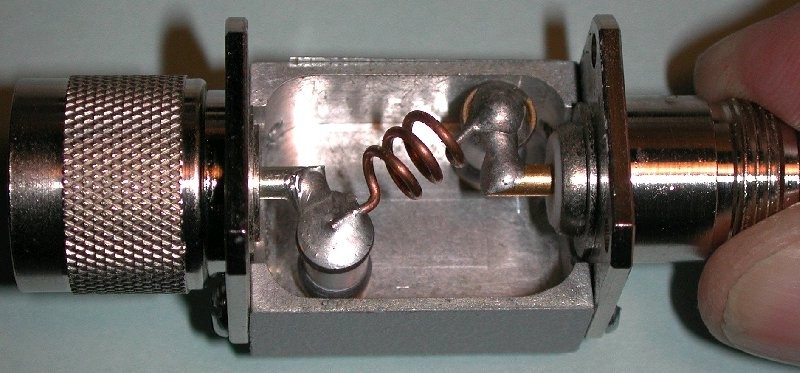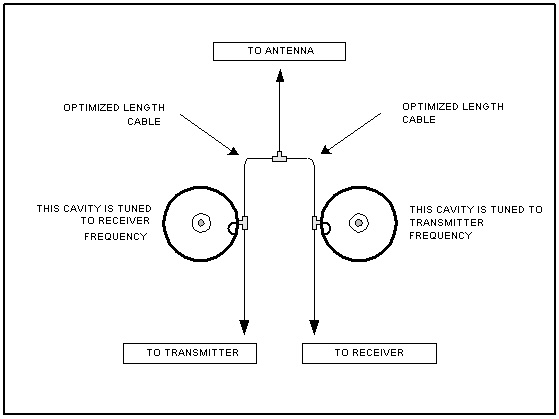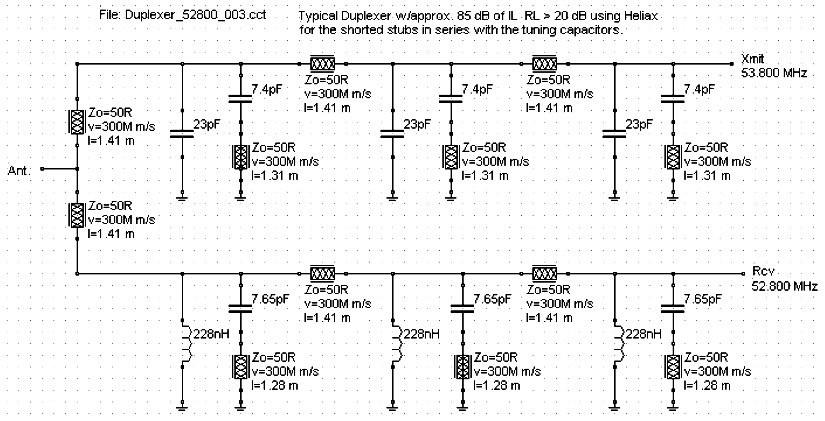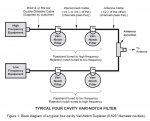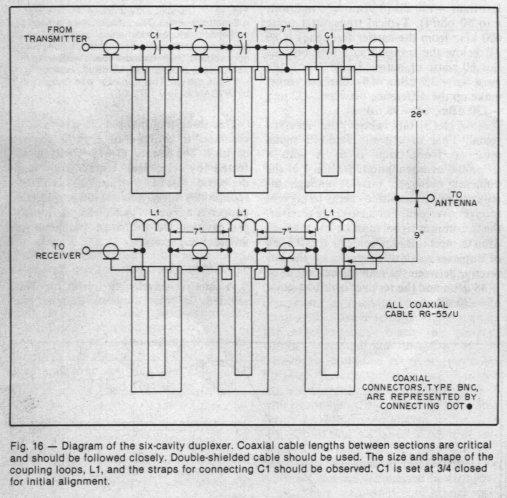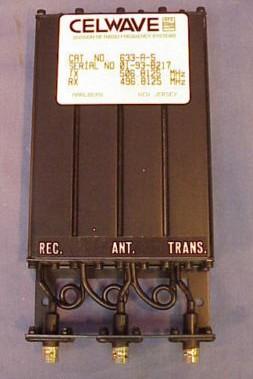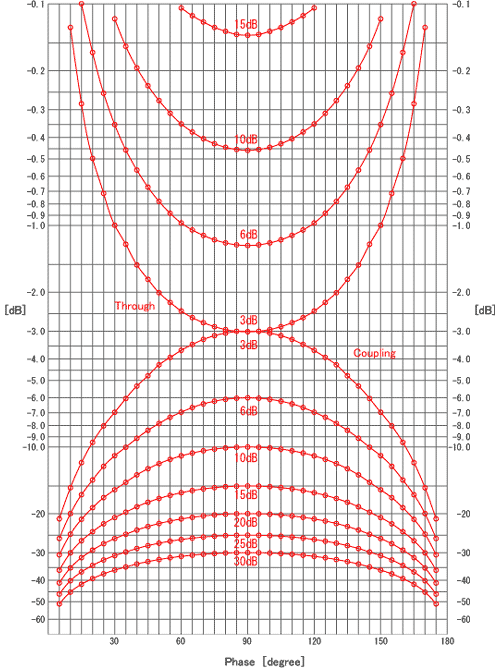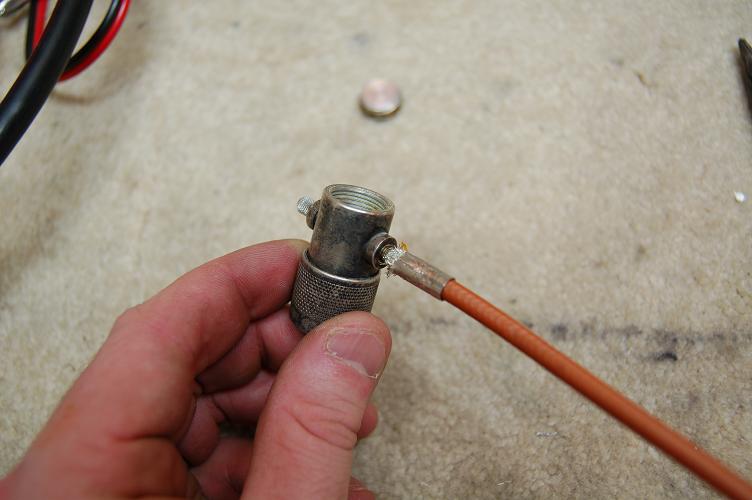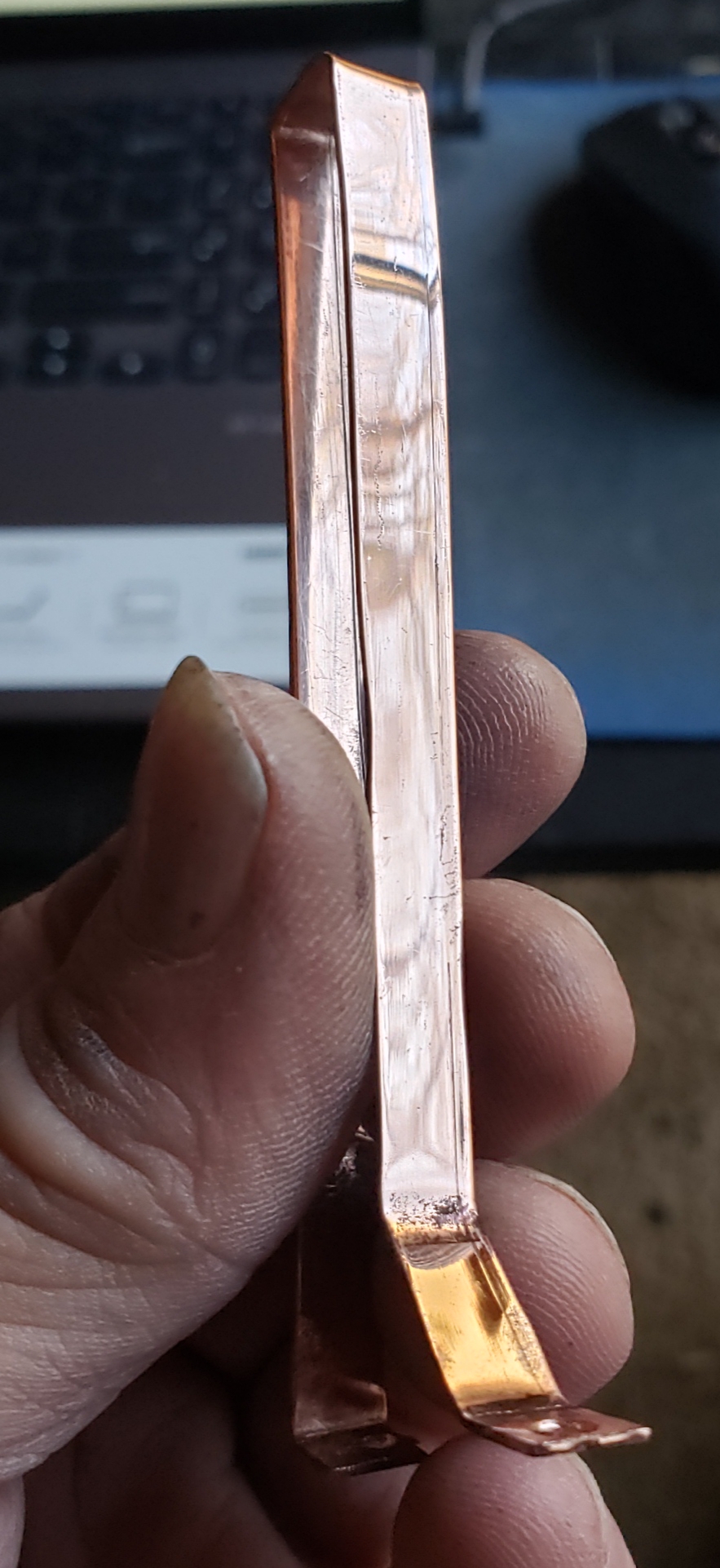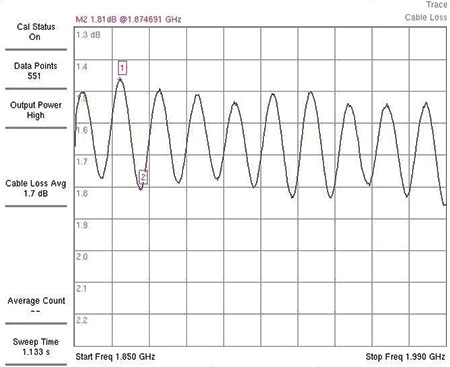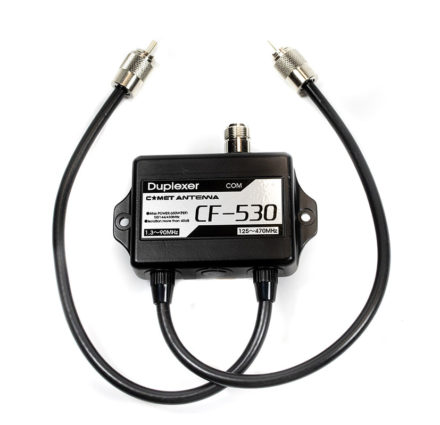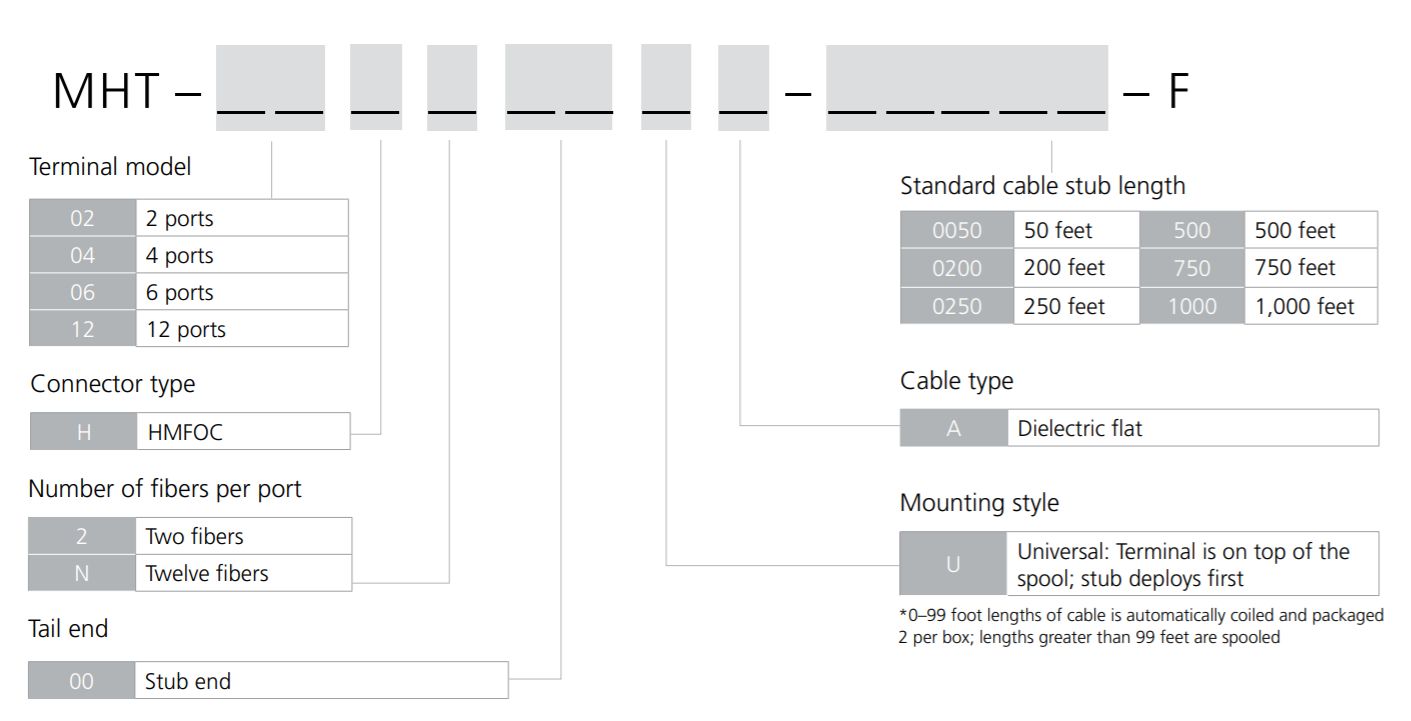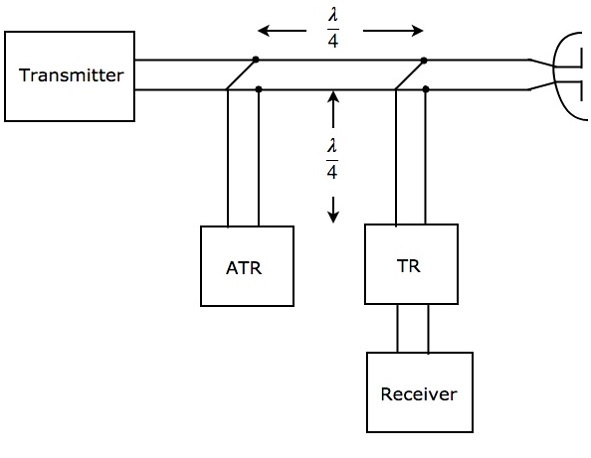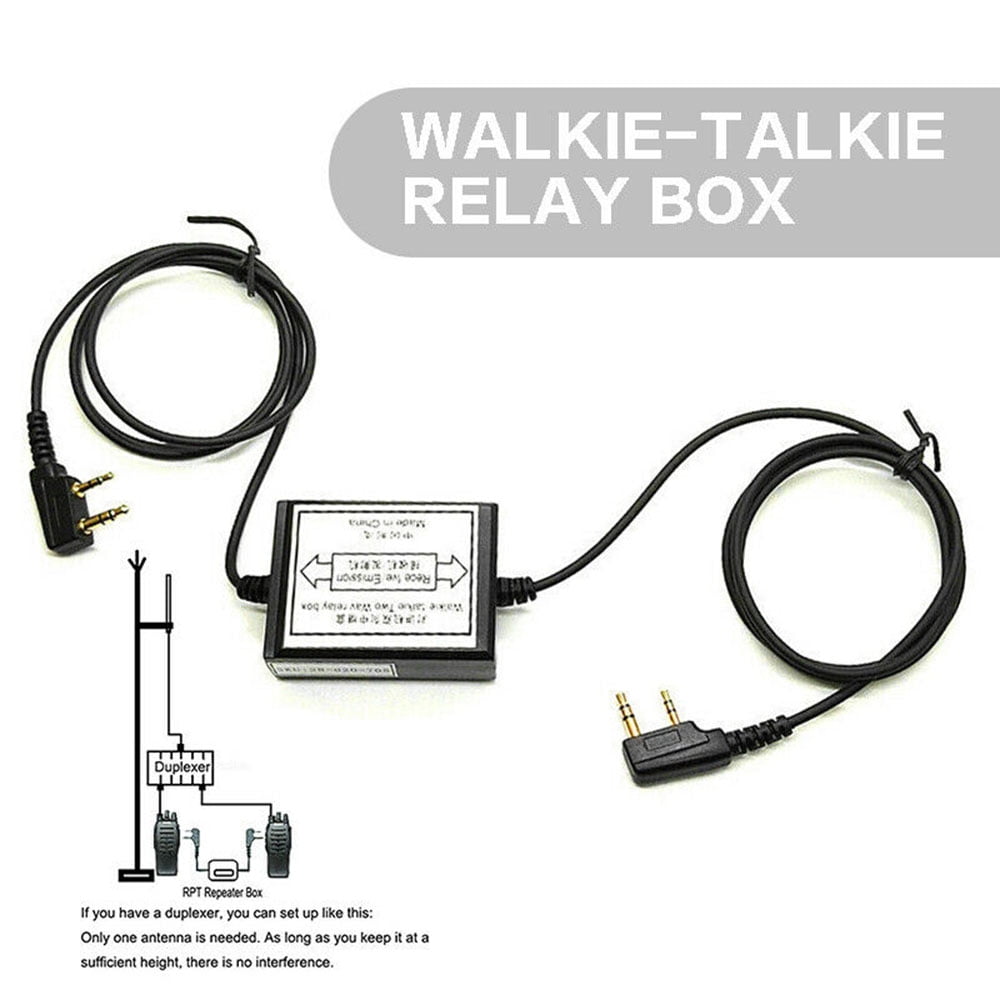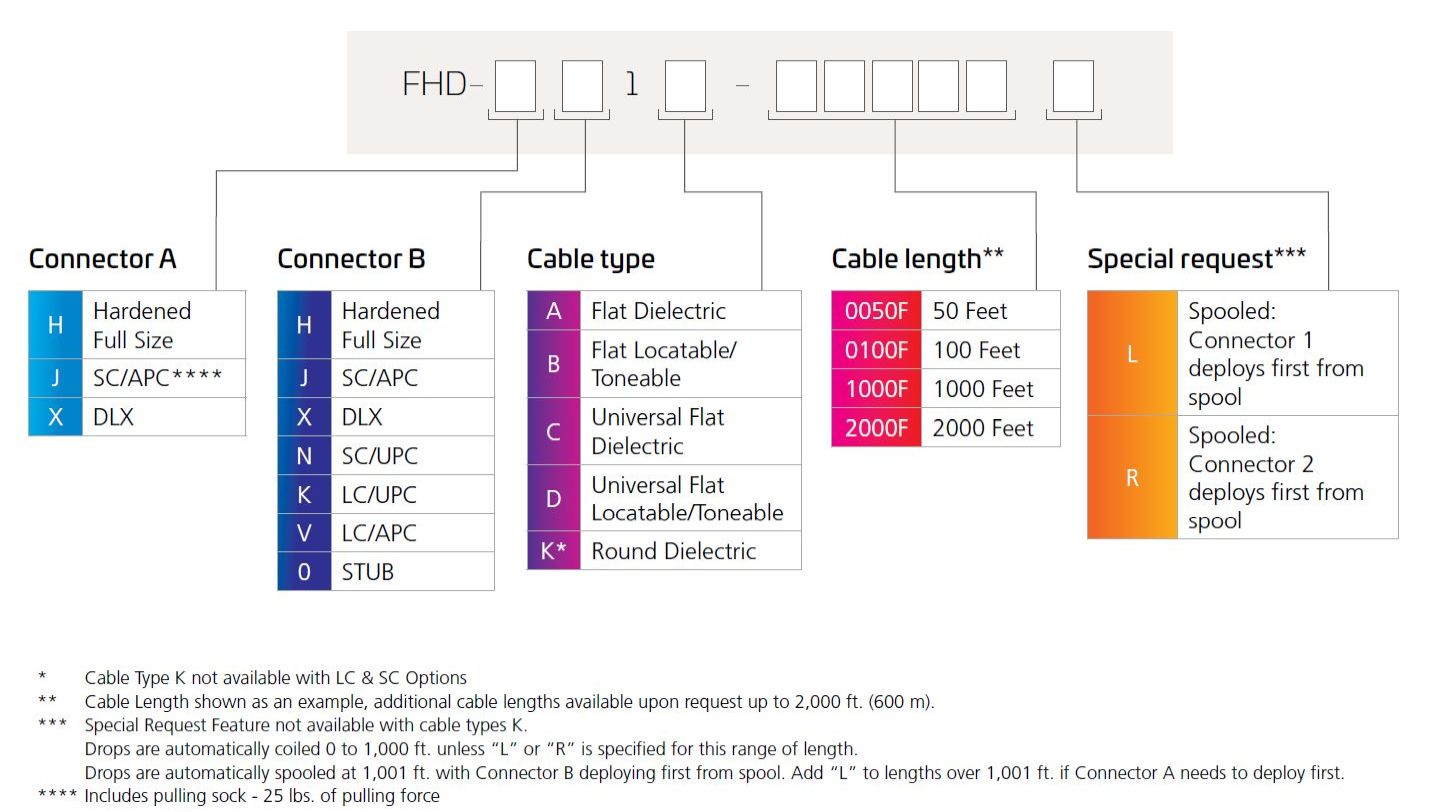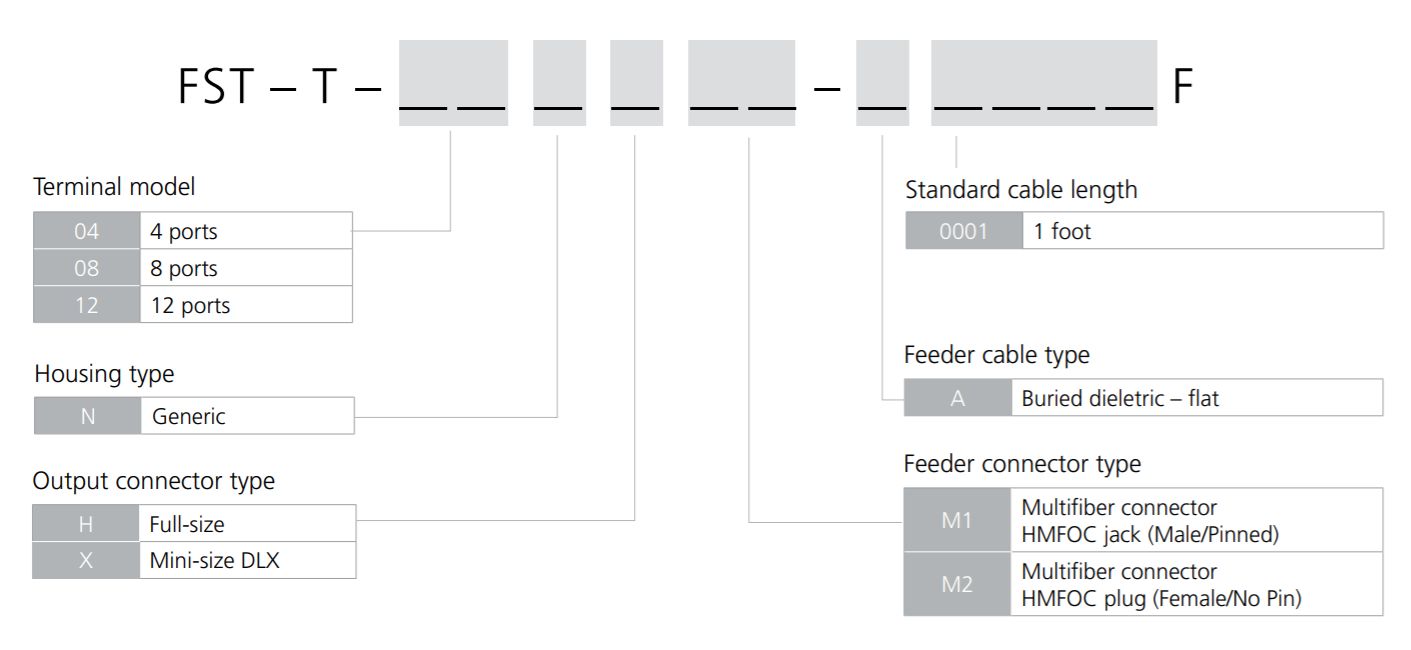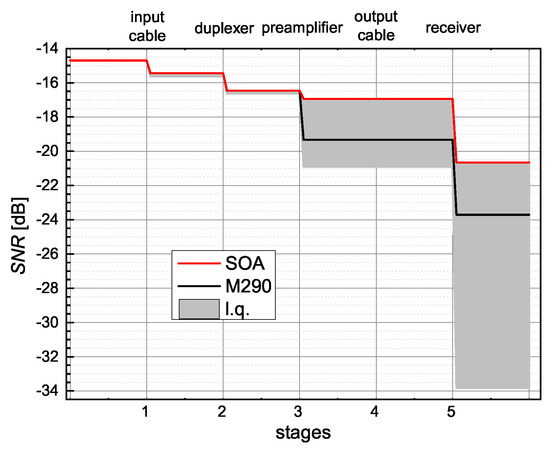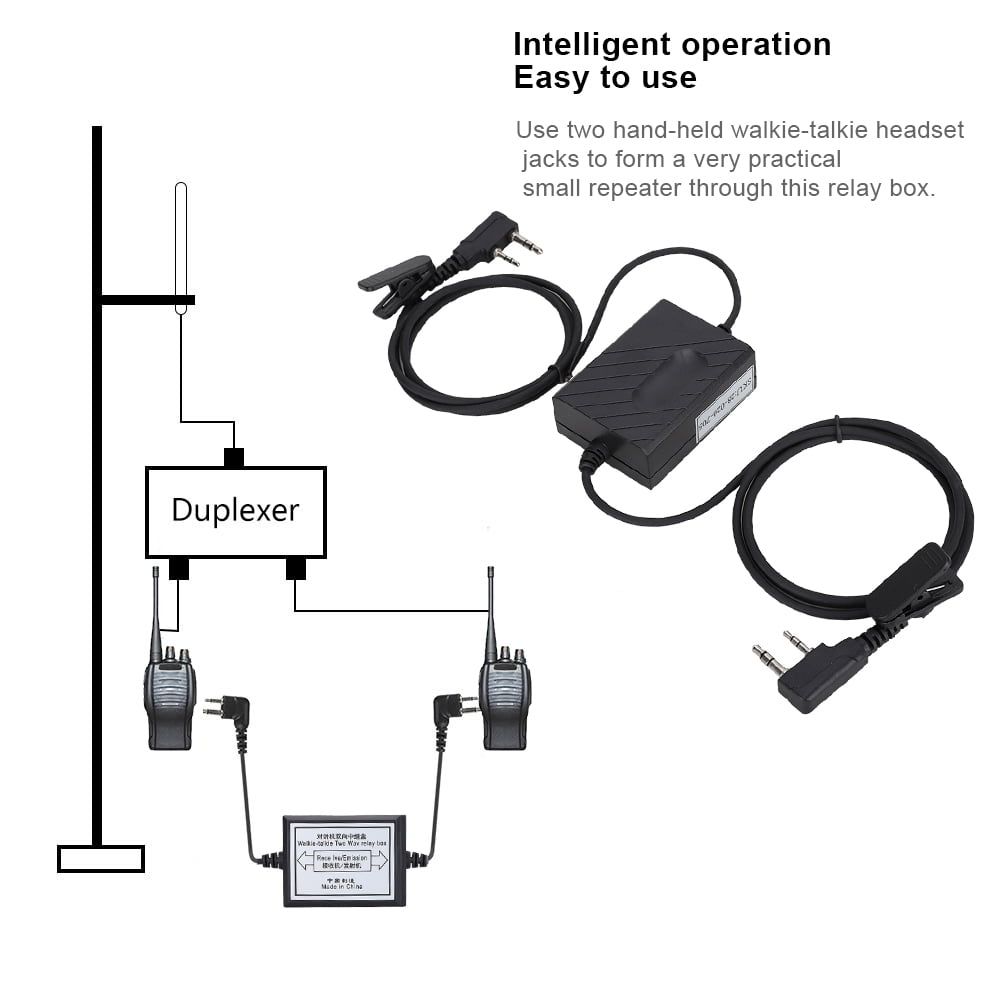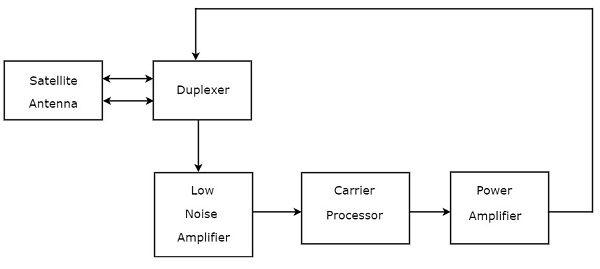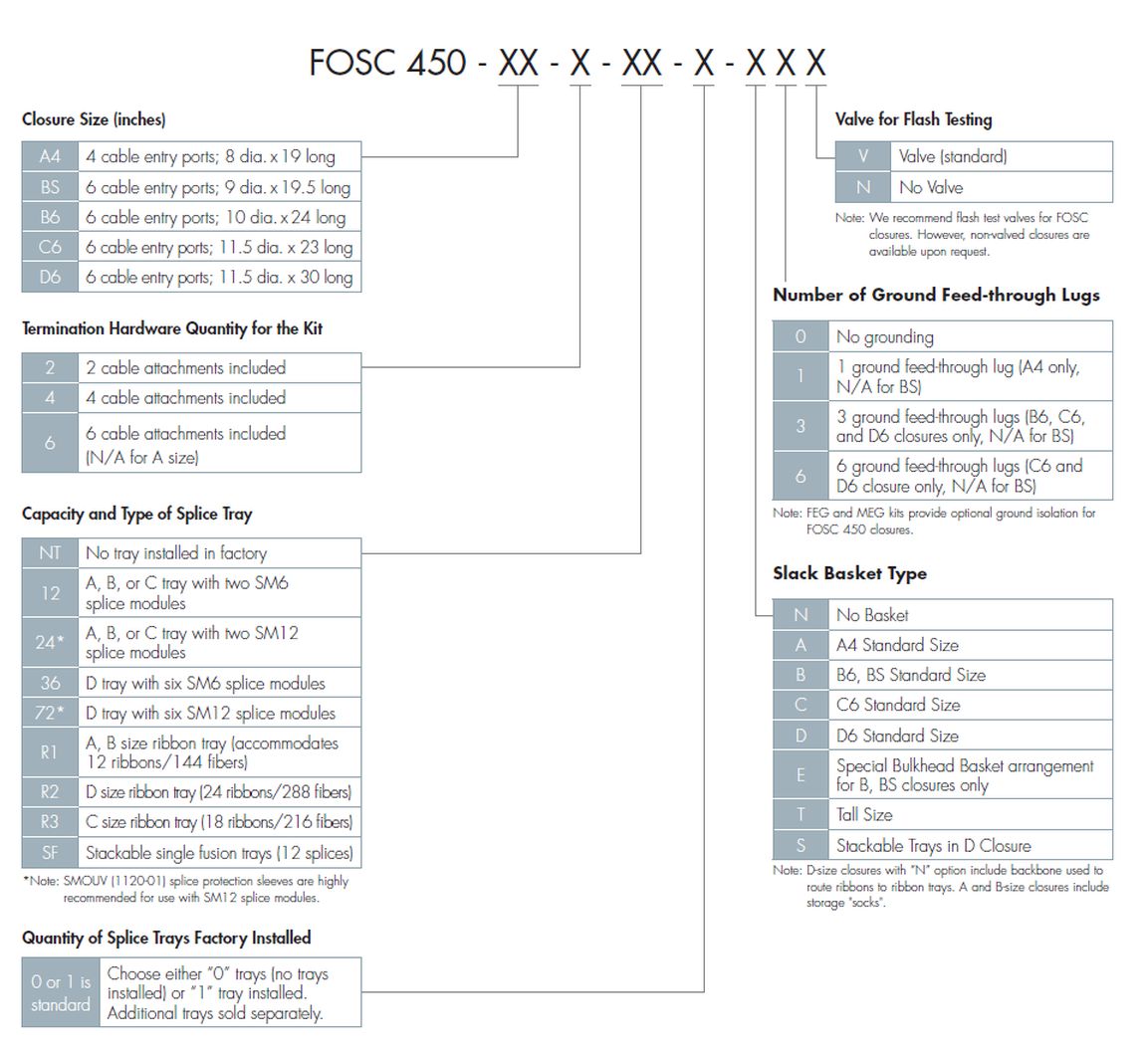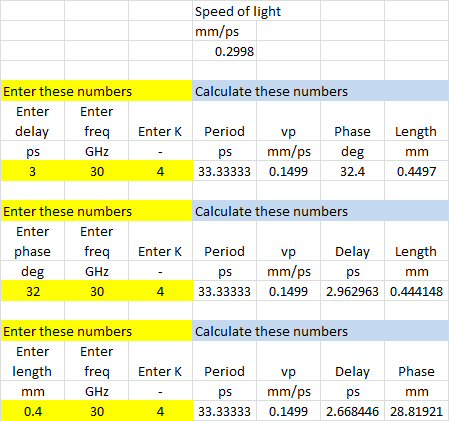Duplexer Cable Length Calculator

I have acquired a like new sinclare 4 cavity uhf duplexer but without the interconnecting jumper cables.
Duplexer cable length calculator. I can totally see a practical use like that getting urban legended into a duplexer in a suitcase needs equal length feedlines. Now remove the jumper cable and dummy load and connect the feedline and antenna. Understanding maintaining re tuning antenna duplexers a band pass duplexer using six band pass type cavity resonators is shown in schematic form in figure 1. The cable lengths from the repeater transmitter and receiver to the duplexer are usually not critical but making them a half wavelength or multiples of a half wavelength in coax with velocity factor is not a bad idea.
If you do accidentally connect the wrong tx to the wrong duplexer port you probably have enough cable slack to fix it without specifically needing to cut to precisely equal length. The calculator assumes that the initial conductor temperature is the maximum allowable operating temperature for the insulation type i e. A tee junction and two more cables connects the two branches with the antenna feed line. In this video i show the theory and practical methods at determining inter cavity duplexer lengths.
75 c for pvc and 90 c for xlpe 90 c and 110 c for xlpe 110 c. Note that each branch has three cavities connected together with cables. The next post will cover the use of the variable length cables and include screen shots from instruments and photos. For example let s calculate the length of a radio wave at 28 5 mhz.
To calculate the jumper cable lengths i plan to use 75 wavelength i realize that the coax velocity factor 66 x wavelength effects the jumper cable length. You do not put the thruline meter between the z matcher and the duplexer because the change in electrical length the presence then the absence of the wattmeter and its jumper cable will change the tuning. Put the meter after the duplexer and before the dummy load. A value of 111 is used for pvc cables 143 is used for xlpe 90 degree cables and 132 is used for xlpe 110 degree cables.
The formula is 300 000 000 28 500 000 10 526316 meters or directly in mhz it would be 300 28 5 in order to calculate the answer in feet you could use either 984 frequency in mhz or a more accurate formula the one i use is 983 6 frequency in mhz. I ve made dozens and dozens of cables to duplexers only making them a short but comfortable length and have never had a problem. The impedance in the pass range of the duplexer is hopefully in the 50 ohm range and cable length makes no difference to the impedance in the pass range.
